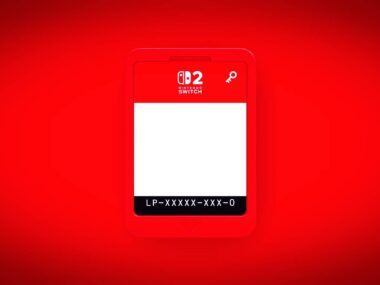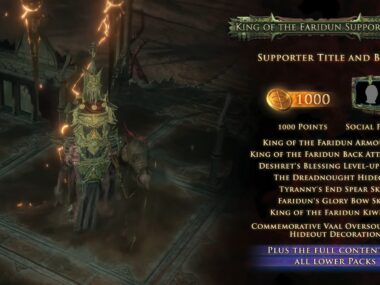Mike Ybarra Calls It Out
Former Blizzard president Mike Ybarra didn’t hold back on Microsoft’s latest Xbox price increases. He argued that the company is using tariffs as an excuse when the real reason is profit. In his words: “Console price increases are not tariff issues, they are profit issues, and the reason why profits are not where they should be is a far, far deeper issue versus the tariff excuse.”
He’s not wrong. Tariffs only apply when products arrive in the U.S., and there hasn’t been a new tariff increase since Microsoft’s first hike. After that, companies don’t have to break down how much of a price tag is tied to tariffs. That lack of transparency makes it easy to blame tariffs for costs that may not exist.
So the question is: can consumers really trust companies to act responsibly with pricing? The answer is pretty clear. Absolutely not.
Microsoft Raises the Bar (and the Price)
The numbers tell the story. Microsoft already raised Xbox prices once this year. Now the Xbox Series X 2TB Galaxy Black edition has jumped from $599.99 to $799.99 since early 2025. That’s a $200 bump for a console that hasn’t fundamentally changed since 2020.
Meanwhile, PlayStation’s increases have been smaller and Nintendo usually only raises prices with refreshed models. Xbox now feels like the worst deal on the shelf.
Even Costco seems to agree. They quietly pulled Xbox consoles, games, and gift cards from their U.S. and UK stores right after Microsoft announced its latest price hikes. For a company built on delivering value, selling Xbox at higher prices just didn’t make sense.
Hardware Isn’t the Moneymaker
Here’s the thing: Microsoft doesn’t actually make much money off consoles. Hardware is basically a gateway to their real profit engine: digital services.
- Xbox hardware revenue dropped 25% this past year, with a slim 21.5% profit margin.
- Game Pass alone brought in nearly $5 billion, with profit margins almost double that of hardware.
- Overall, Xbox gaming revenue grew 9% year-over-year, driven by services, not consoles.
The pattern is obvious. Microsoft’s business model is shifting away from hardware sales and toward subscriptions and digital storefronts. The console price hikes are less about competing on shelves and more about balancing their books while they ride out a difficult generation.
Eyes on 2027 – The New Console
If Microsoft really wanted to boost sales right now, they’d cut prices to clear inventory, not raise them. Which makes it clear: they’re already looking past this console cycle.
The next Xbox is expected in 2027. Early reports suggest it’ll be more Windows-like, closer to a hybrid PC-console design. That would make development easier, broaden compatibility with PC games, and in theory deliver more power. It also sets up Microsoft’s long-term goal: expanding Windows as a gaming platform.
Rumors swirl that Elder Scrolls 6 could launch alongside it as an Xbox exclusive. I hope not, it feels too soon, but Microsoft has every incentive to push for that kind of headline launch.
Setting the Stage for 2027 Pricing
There’s another angle here that hasn’t been talked about much. By raising Xbox prices now, Microsoft may be preparing the ground for 2027. If the Series X is already hovering close to $800, then a next-generation console packed with more power could realistically launch at an even higher price without causing the same sticker shock.
In other words, today’s increases create breathing room for tomorrow’s hardware. If Microsoft wants to deliver a more Windows-like hybrid with stronger specs, development tools, and expanded compatibility, the costs will be higher. By conditioning consumers now, Microsoft sets expectations that a premium next-gen console will come with a premium price tag.
This isn’t just about fixing today’s margins. It’s also about making sure the leap to 2027 feels like a step forward, not an impossible jump.
Ybarra’s Motives
That leaves one last puzzle: why did Mike Ybarra speak out at all? He left Blizzard in 2024 and has been mostly quiet since. This criticism of Microsoft puts him back in the gaming conversation. Maybe he’s trying to reclaim some relevance. Or maybe he just couldn’t resist pointing out the obvious.
The Bigger Picture
Here’s the reality: Xbox prices are going up not because of tariffs, but because Microsoft wants to fix a profit problem. Hardware is dragging, services are soaring, and the company has its eyes on the next generation.
Raising console prices when sales are already weak is a gamble. It risks alienating consumers at a time when PlayStation and Nintendo offer stronger value. Once those prices go up, they rarely come back down.
Microsoft is sacrificing the present for a future it hopes will be more profitable. Consumers, however, are the ones paying the price in the meantime.






